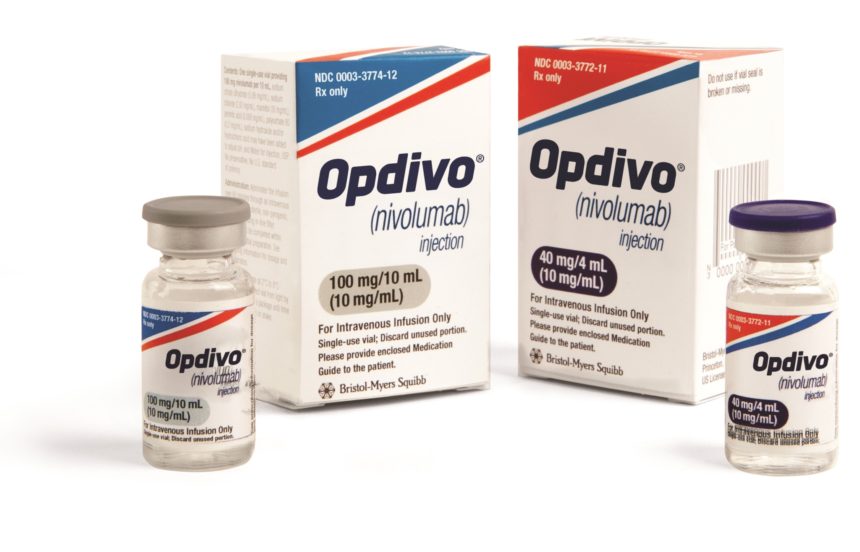The FDA’s Breakthrough Therapy program has accelerated the drug-approval process for medications that are more effective treatments than what are currently available for life-threatening diseases, like Bristol-Myers Squibb’s non-small lung cancer and skin-cancer drug Opdivo and Gilead Sciences’ hepatitis-C medication Sovaldi.
These drugs also usually have high prices and an analysis by health strategy firm Avalere Health estimates that Medicare, Medicaid and public health insurance exchanges created under the Affordable Care Act will spend almost $50 billion on 10 breakthrough therapy medications over the next 10 years.
Avalere said this figure does not include off-label prescriptions, which likely means a higher rate of prescribing and additional costs. It also excludes government program rebates, which could lower this estimate.
Avalere’s study focused on breakthrough drugs approved after November 2014, a classification that removed Sovaldi from the list. However, the drugs that will contribute to the $50-billion estimate include AbbVie’s hepatitis-C drug Viekira Pak and Pfizer’s breast-cancer drug Ibrance. Avalere’s tally also includes expanded indications for drugs that are already on the market, such as a pending non-small cell lung cancer indication for Keytruda, Merck’s skin-cancer drug.
Cancer drugs, like hepatitis-C medications, have become commonly cited examples of spiraling medical costs and why payers should prioritize medications based on patient need. Pharmacy benefits manager Express Scripts said it may pay more for cancer drugs with better outcomes, while an oncologist at the University of Texas MD Anderson Cancer Center started a campaign in March in support of pricing caps.
The Avalere report anticipates that Medicare will pay for the majority of the projected $50 billion but also noted that not every drug on its list will contribute to Medicare’s medical bill—covering the cost of cystic-fibrosis drug Kalydeco, for example, will affect Medicaid because cystic-fibrosis patients have short lifespans and are often diagnosed by age 2.
Late-stage lung-cancer patients, however, tend to be older than 60, which would put Keytruda on Medicare’s balance sheet.
Avalere said the estimated per-program costs over the next 10 years will be around $31.3 billion for Medicare, $15.8 billion in Medicaid and $2.1 billion in exchange-plan subsidies.
The Avalere researchers said these figures could be guideposts for future debates among lawmakers and industry thought leaders about how to finance the cost of pharmaceutical innovation.








